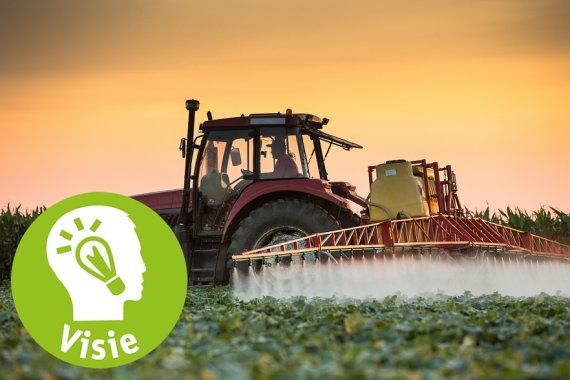© Shutterstock.
Is a ban really so terrible for farmers?
‘There is a solution for everything, but the question is whether some crops will still be viable in the short term once farmers are no longer allowed to use these pesticides. That applies to sugar beet and certain vegetables such as cabbage.’
But the ban is good for nature, isn’t it?
‘That is debatable too. Now, sugar beet seeds are often coated in neonicotinoids. That protects them well against pests, and the insecticide is only toxic to insects that eat the plant, because the crop is not pollinated by bees or bumble bees. Soon a lot of farmers will spray their crops with other insecticides several times a year. That is damaging not just for the insects that eat the plant, but also for insects flying around nearby. Politically, I understand the total ban, but scientifically, I don’t think it is backed up by good arguments.’
Aren’t there any other, more environmentally friendly alternatives?
‘Oh yes. For some crops, such as maize, these neonicotinoids were banned a few years ago. There are good alternatives for those crops. Sometimes the alternative is different pesticides, sometimes it is a different management strategy. For example, click beetles in maize can be controlled well by ploughing over the soil at the right moment in the year. That kind of option is often a partial solution, whereas neonicotinoids are an off-the-shelf solution. Those partial solutions require a lot of knowledge and we don’t have that for every crop, by any means. Not enough has been invested in that recently, either.’
Can we expect to see that investment now?
‘A ban does stimulate the development of alternatives. So maybe it will turn out to be a good thing in the long term. But try telling that to a farmer who faces serious problems now.’

